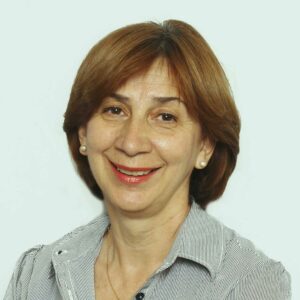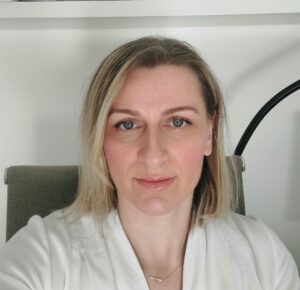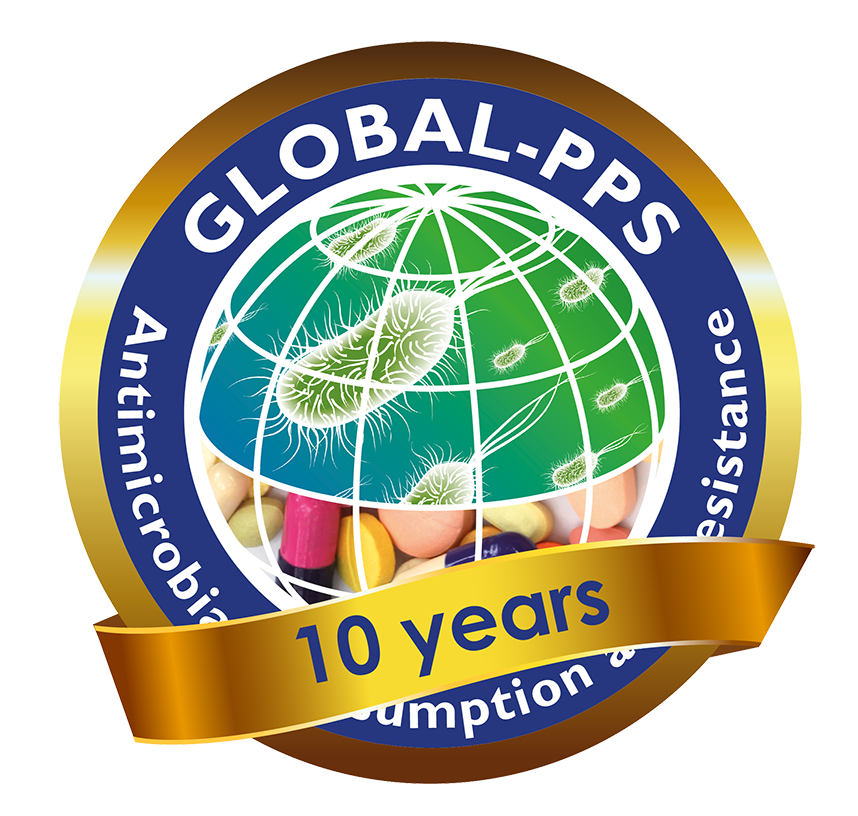Global-PPS impact in Montenegro
Read our interview with Professor Gordana Mijovic and Doctor Ivana Djuković, expert members from the Montenegrin Global-PPS network. In this testimonial, they elaborate on the challenges and barriers in the fight against antimicrobial resistance (AMR), the advantages of collaborating with Global-PPS, and the future perspectives of AMR reduction in Montenegro .
When and how did you start your collaboration with Global-PPS?
Ivana Djuković: In 2015, Gordana received an invitation from Global-PPS to participate in the project. During a National Interdisciplinary Commission for Antibiotic Resistance Control (NIKRA) meeting* later that year, it was decided to propose to the Ministry of Health (MoH) that we’d participate in the Global-PPS project. The MoH responded very positively and we then proceeded to implement our Global-PPS participation.
Gordana Mijovic: Global-PPS fits into our national action plan which was already in place in Montenegro. We conducted the first point prevalence survey in 2015, the second in 2017 and the third one in 2021. We couldn’t carry out a survey in 2019 due to organisational changes in the Ministry of Health.
How did you experience conducting the Global-PPS over the years?
Gordana Mijovic: I had hoped that performing the surveys would become easier over time. However, when the COVID-19 pandemic hit it put an enormous pressure on the healthcare system. As a consequence, it became increasingly difficult to find healthcare workers that had the time to contribute. Our committee did their best to establish dedicated teams for PPS’s in hospitals.
What are the concrete advantages of the Global Point Prevalence Study for your hospital? How did you use the results?
Ivana Djuković: Global-PPS provided us with data on our ‘weaknesses’ in antibiotic use in hospitals. For instance, the abuse of antibiotics for surgical prophylaxis is recognised as a major problem. Thanks to the information that we received from the analysis in the Global-PPS feedback reports, the prescribing practice for prophylaxis on surgical wards was improved. Continuous effort and education are key in this matter.
What are the main challenges of using Global-PPS and what can be improved?
Ivana Djuković: The management and administration departments of the participating hospitals received the results of the last Global-PPS survey in 2021. Unfortunately, we don’t always have access to how they used this data and what they did to improve. It’s an ongoing challenge to get feedback from the hospitals.
Gordana Mijovic: It would be helpful if the Global-PPS would report in more detail about the use of certain broad-spectrum antibiotics, i.e. separating the category ‘other beta lactam antibiotics’ into cephalosporins (1st + 2nd generation and 3rd + 4th generation cephalosporins) and carbapenems, as these are prescribed very frequently in our country. Next, it could be a good opportunity to further educate management on how to use the data in the most beneficial way. Another challenge is to get physicians to change their habits regarding antimicrobial prescribing. We see that certain doctors have a routine and are reluctant to change. As mentioned before, continuous education remains key.
How is the situation regarding AMR in your country?
Gordana Mijovic: We have national data on AMR and send it to the World Health Organisation* on a yearly basis. It is still a challenge to get a grasp on the exact situation of antimicrobial resistance in Montenegro. There is a problem with a lack of using blood cultures for diagnostic purposes. Doctors tend to only do blood cultures when more serious health problems occur. Surveillance among general practitioners in primary care can be very useful in obtaining more essential data on the consumption of antibiotics.
Another challenge is the ‘brain drain’ to other countries. A lot of our young and motivated healthcare professionals tend to go abroad for work due to higher paid jobs and better work circumstances. Losing these experienced collaborators also means we have to keep repeating our basic awareness raising efforts about the dangers of AMR and antibiotic overconsumption.
In the upcoming years, what do you hope to achieve with Global-PPS?
Ivana Djuković: We have to work on solving our challenges at the national level. This means growing awareness among hospital management and clinicians about how important point prevalence surveys are and the opportunities we get from having this essential data. We know that, in Montenegro, the COVID-19 pandemic caused an overuse of antibiotics, which, in turn, may lead to more resistant bacteria. It will take time to get back to the pre-pandemic levels of antibiotic usage and of course to improve even further.
Are you interested in obtaining detailed information on antibiotic use in your hospital? Contacto and participate in the next Global-Point Prevalence Survey!
About Gordana Mijovic
 Professor Gordana Mijovic is a microbiologist and is Director of the Center for Science and Education at the Institute of Public Health of Montenegro. She is also head of the National Interdisciplinary Commission for Antibiotic Resistance Control (NIKRA), as well as the national focal point for IMI. Since 2015, Gordana has been the national coordinator for Global-PPS in Montenegro.
Professor Gordana Mijovic is a microbiologist and is Director of the Center for Science and Education at the Institute of Public Health of Montenegro. She is also head of the National Interdisciplinary Commission for Antibiotic Resistance Control (NIKRA), as well as the national focal point for IMI. Since 2015, Gordana has been the national coordinator for Global-PPS in Montenegro.
About Ivana Djuković

Doctor Ivana Djuković is an infectologist and is the Director of the Clinic for Infectious Diseases at the Clinical Center of Montenegro. She is also a member of NIKRA and the Society of Infectious diseases of Montenegro.
